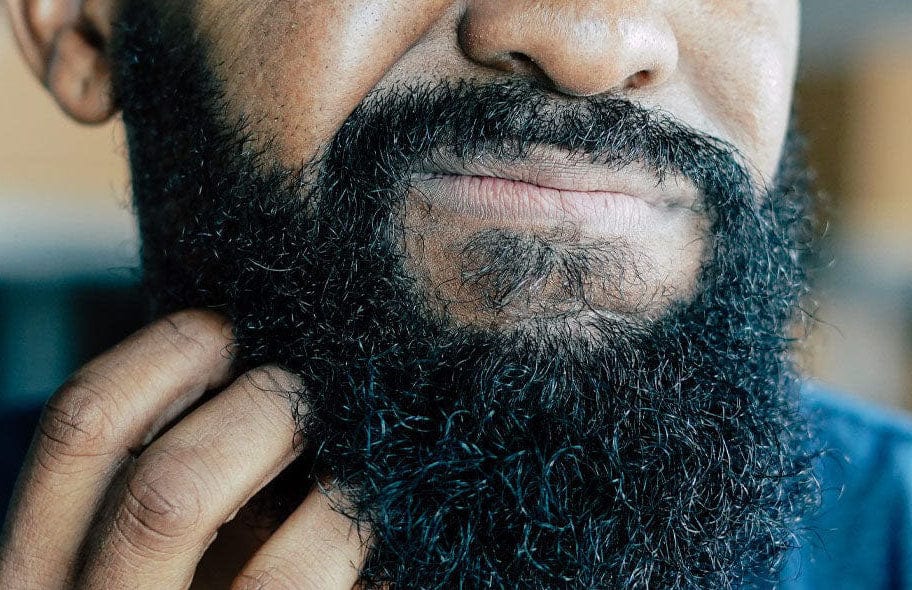
Know Good Men: Hugh Glass
Welcome to Know Good Men, a series created to share the stories, values, and wisdom of extraordinary men. Each episode dives into the journey of a man who defied the odds, carved his own path, and embodies what it means to be a man. In a world that needs strong men and leaders more than ever, these stories serve as an example of what's possible when courage, honor, and integrity take the lead.
Most men would die after being mauled by a grizzly. Hugh Glass crawled 200 miles on broken limbs for redemption.
Hugh Glass's story isn't fiction. It isn't Hollywood. It's what happens when a man refuses to die on anyone's terms but his own.
It was 1823 in the untamed wilderness of South Dakota. Glass wasn't just any frontiersman - this forty-something had already lived enough lives for ten men. Former sailor, rumored pirate, even survived being a Pawnee captive. Now he was working as a fur trapper with the Rocky Mountain Fur Company, scouting ahead of his hunting party when he stumbled upon a mama grizzly with cubs.
Before he could fire, 800 pounds of fury was on him. The bear tore into Glass like he was nothing. Crushed his leg. Shredded his back. Ripped his scalp half off. Punctured his throat so deep you could see his trachea. The men who found him said his ribs were visible through his mangled flesh.
His hunting party drove off the bear and gathered around what they assumed was a dying man. The expedition leader paid two men – John Fitzgerald and young Jim Bridger – to stay behind until Glass died for a proper burial.
They waited three days. Glass clung to life, unable to speak.
Then Fitzgerald convinced Bridger that staying was suicide. They took Glass's rifle, knife, everything – even the buffalo robe covering his broken body. And, they left him there in a shallow grave to die alone.
But a man who knows his purpose can endure almost anything.
According to legend, when Glass regained consciousness, he didn't find pity. He found fury. And fury is powerful fuel.
With his leg broken and no weapons, common sense said to accept death. Hugh Glass thought otherwise.
So, he set his own broken leg. Then, to prevent infection, he laid his mutilated back on a rotting log, letting maggots clean his wounds. When thirst overwhelmed him, he dragged himself to water.
And then, inch by agonizing inch, he began to move.
For six brutal weeks, Glass crawled 200 miles through wilderness. His only guide was his determination to confront the men who betrayed him. He scavenged wolf kills for food. He hid from Arikara war parties, defenseless.
Every day brought new pain. Every night brought freezing temperatures. But Glass had something most men don't – a refusal to let others write his ending.
Pain is temporary. Quitting is forever.
It’s helpful to remember Glass when facing our own challenges. Not because our struggles compare, but because his story strips away every excuse we've ever made.
In your life right now, what's your bear? What's mauling you that's become your excuse to stay down?
Whatever it is, Hugh Glass would look you dead in the eye and say, "So what? Start moving."
Three principles every man can take from Glass's journey:
First, resilience isn't theoretical – it's physical. In our comfort-obsessed world, we've forgotten that strength is built through voluntary hardship. Glass didn't overcome because he read the right book. He overcame because he'd already trained his body and mind to endure.
Second, betrayal can destroy OR define you. When Fitzgerald and Bridger left Glass for dead, they gave him something more valuable than supplies – they gave him purpose. The men we respect most aren't those who've never been betrayed; they're the ones who used betrayal as fuel to succeed.
Third, your breaking point is a choice, not a condition. We tell ourselves stories about what we can't endure. Most are lies. Your body can withstand more than you realize if your mind refuses to surrender. Glass didn't crawl 200 miles because he was superhuman. He did it one excruciating inch at a time.
When Glass finally reached Fort Kiowa, the men there could barely believe it. The "dead man" had returned, earning him the nickname "the revenant."
And when he finally found young Bridger? In a remarkable display of strength, Glass chose mercy over vengeance. He recognized Bridger's youth and Fitzgerald's manipulation. Real strength isn't just surviving – it's also knowing when to forgive.
Next time life has you gutted, remember Hugh Glass. Remember that excuses are for men who want sympathy more than victory. And, remember that your lowest moment isn't the end unless you decide it is.
Live Brave. Live Bold. Live Bearded.
Now, we wanna hear from you — what's the toughest challenge you've pushed through when quitting seemed like the only option? Drop a comment below.
